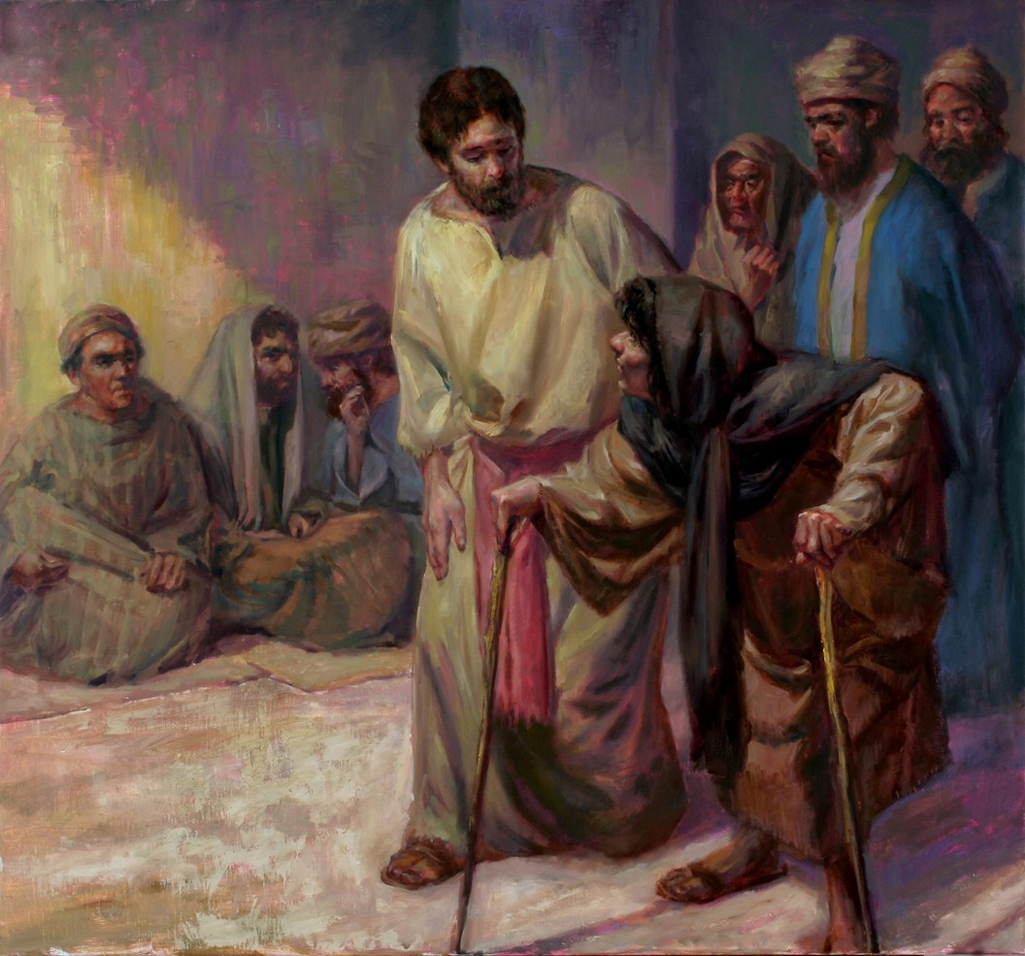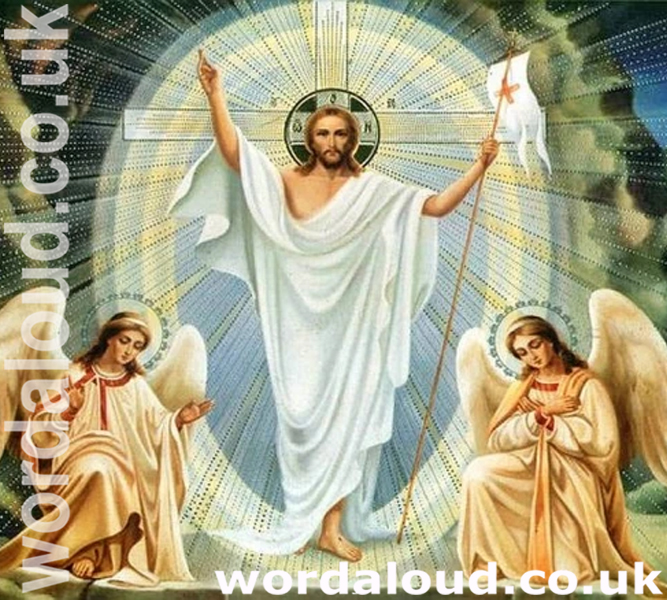Faith | George Herbert | Christian Poems | Audio | Word Aloud
George Herbert: 17th-century Anglican priest and poet. Herbert’s poem ‘Faith’, from the collection ‘The Temple’, examines intricate dynamics between human doubt and divine assurance.
‘Faith’ is a reflection on human struggle with sin and difficulty of achieving spiritual clarity. Herbert asks, ‘Lord, how couldst thou so much appease / Thy wrath for sin, as when man’s sight was dim, / And could see little, to regard his ease, / And bring by Faith all things to him?’ This opening begins to explore how faith transforms human perception, making divine truths clearer.
Herbert likens belief to a ‘rare outlandish root’ that cures spiritual ailments once found. This metaphor captures the dual nature of faith as both a divine gift and a human pursuit. The poem’s structure, moving from doubt to trust, mirrors the journey of faith itself, emphasizing transformative power.

![]()
Faith | George Herbert | Christian Poems
Lord, how couldst thou so much appease
Thy wrath for sin, as when man’s sight was dim,
And could see little, to regard his ease,
And bring by faith all things to him?
Hungry I was, and had no meat:
I did conceit a most delicious feast;
I had it straight, and did as truly eat,
As ever did a welcome guest.
There is a rare outlandish root,
Which when I could not get, I thought it here:
That apprehension cured so well my foot,
That I can walk to heav’n well near.
I owed thousands and much more:
I did believe that I did nothing owe,
And liv’d accordingly; my creditor
Believes so too, and lets me go.
Faith makes me anything, or all
That I believe is in the sacred story:
And when sin placeth me in Adam’s fall,
Faith sets me higher in his glory.
If I go lower in the book,
Whatsoever any lurking saint
Of old did feel or do, it doth me suck,
And makes me too partake.
If I believe in it, I do
That holy thing, and as I do do thence
This divine virtue, I can repeat too,
That all things shall go well.
I will believe, and hope that faith shall come:
Lord, save my faith, my hope; that Christ his birth
Shall be as real unto me, as to them,
And be in me the same second birth.







